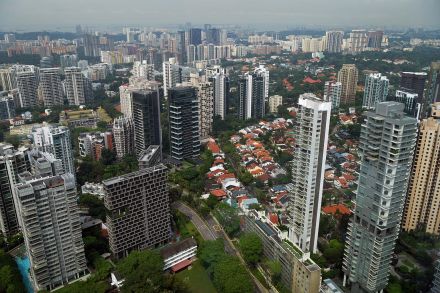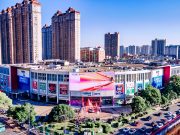Singapore is ranked as the second top real estate investment market, only after Melbourne, in the Asia Pacific region, according to a new real estate report that was released today.
The report, called the Emerging Trends in Real Estate Asia Pacific 2019, was co-published by the Urban Land Institute (ULI), a US-based non-profit organization, and PwC. It was based on personal interviews and survey upon a combined number of 462 individuals from the related industries.

The report places Sydney, Tokyo, and Shanghai at No.3, No.4, and No.5 in the ranking.
The report shows that the residential market in Singapore continues to be resilient, despite cooling measures in place for several years.
Yeow Chee Keong, Real Estate & Hospitality Leader of PwC, told reporters that based on the survey result, the real estate market in Singapore would be stable in 2019.
“There won’t be a collapse in price (next year),” he said.
Also, robust economic growth and high visitor numbers have supported rents and yields for prime retail space in 2018, following years of poor performance as Singapore landlords struggle to adapt to new models of retailing.
Office rents have been rising sharply due to a lack of supply and a revival in tenant demand. Co-working and other flexible office space operators have become amongst the biggest lessors of office space, while tech firms have also been active in the market.
Meanwhile, the logistics market remains plagued by oversupply, which has suppressed rents, although there are signs excess space is now being taken up, with rents are predicted to improve slightly in 2019.
Looking at the Asia Pacific region as a whole, the ongoing competition among investors to place capital continues to shape how investors approach the sourcing of assets, despite signs the market may now be approaching a cyclical top.
In particular, value-add plays continue to be a focus, as owners look to upgrade assets by providing more flexibility, better user experience, and improvements leveraging design and technology functions.
As a result, investors today say they are likely to be more site-specific, working from the ground up rather than the top down.




































